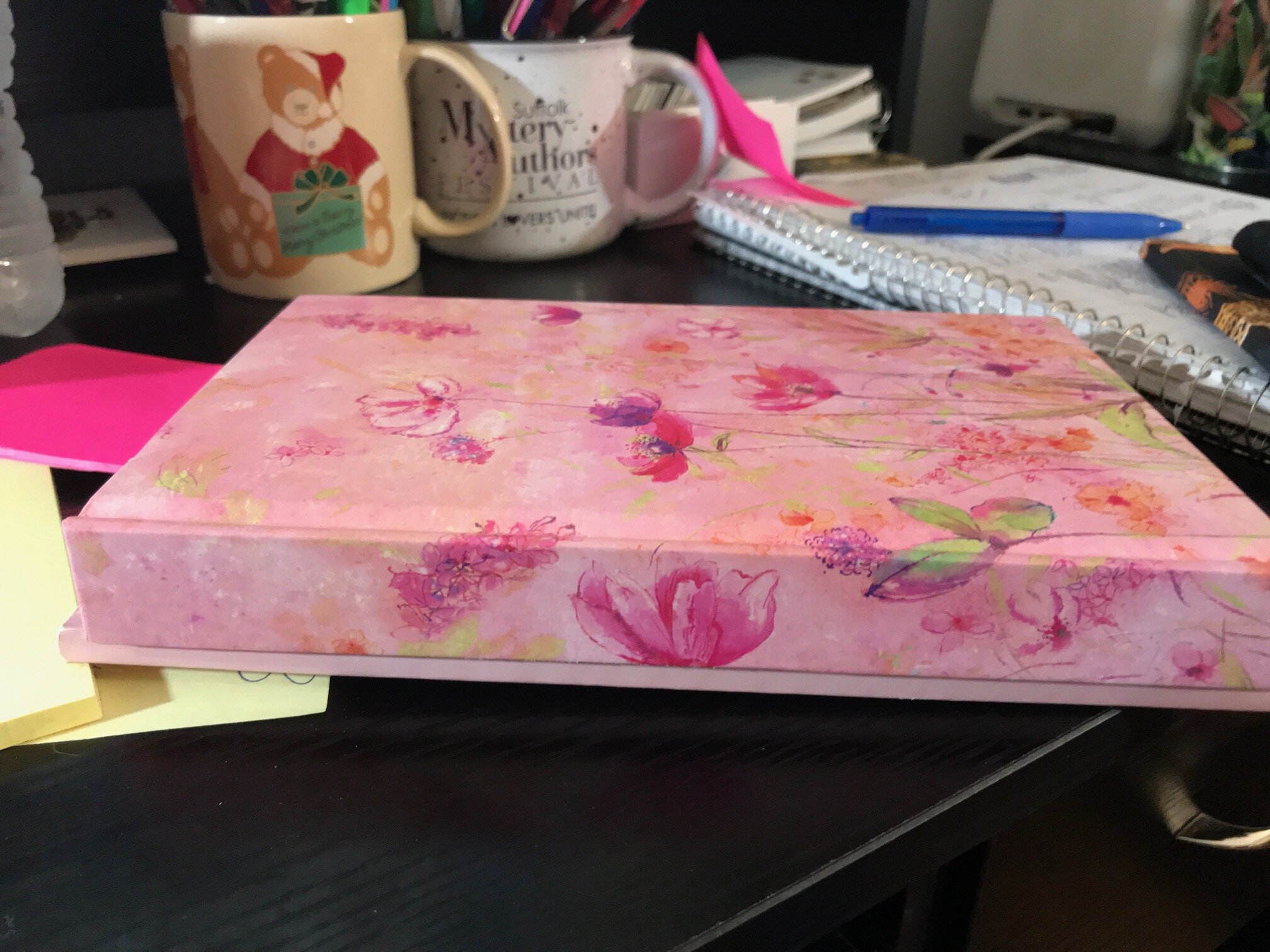What I Learned from Art Taylor and Tara Laskowski about Building Suspense
/I love the programming that the Sisters in Crime chapters do. I learn so much from the guest speakers. Recently, Art Taylor and Tara Laskowski did a presentation on building suspense in your writing for the Sisters in Crime - Central Virginia chapter. Here’s what I learned.
Write what you love to read.
Use what you read as models for your writing.
Your openings need to catch the reader’s attention and keep it.
There is a difference between action and suspense. Use shorter sentences for dialogue, action, and suspense.
Start your story quickly and show the conflict immediately.
Pacing is key for dramatic tension. When and where do you put in the plot twists? You don’t want to bore your reader, and you don’t want to spoil the twist.
You want your reader to have a level of uncertainness or uneasiness.
Increase the dramatic tension to make an ordinary situation menacing.
Slow down the story or the passage of time to turn down the velocity. Long sentences slow the pace.
Slowing down the pacing makes it unbearable for the reader. Make them want to find out what happens next.
Three ways to end a chapter are cliff hanger, a question, or a reflection.
Reflection at the end of a chapter is often more powerful than a cliff hanger.
Vary your chapter endings. They all shouldn’t be the same technique.
You always want the reader to turn the page.















